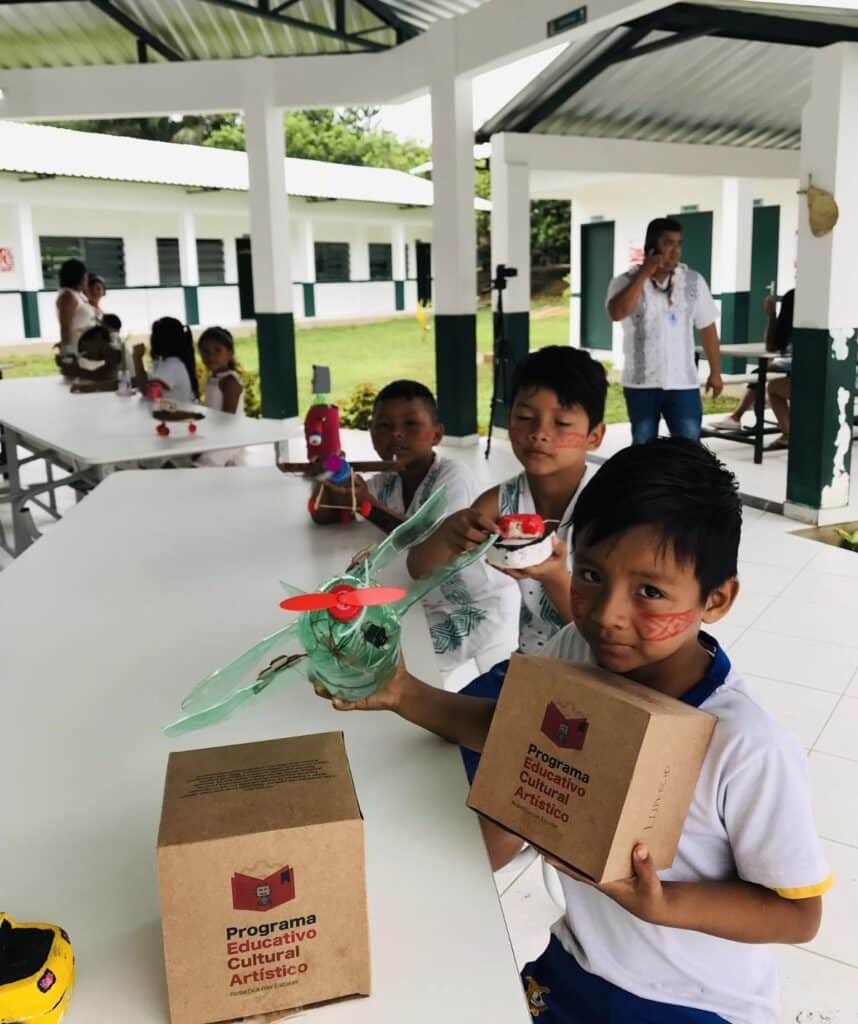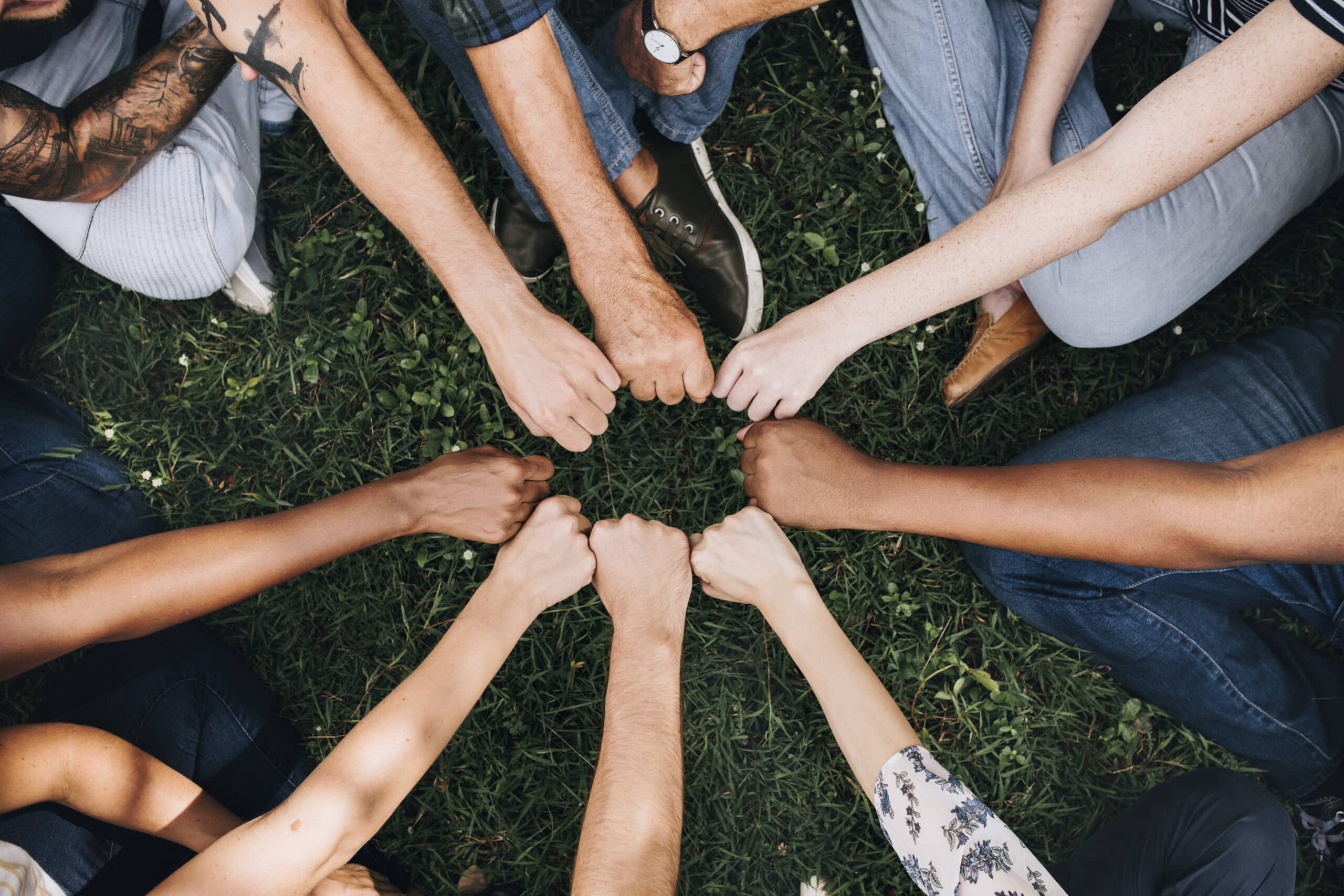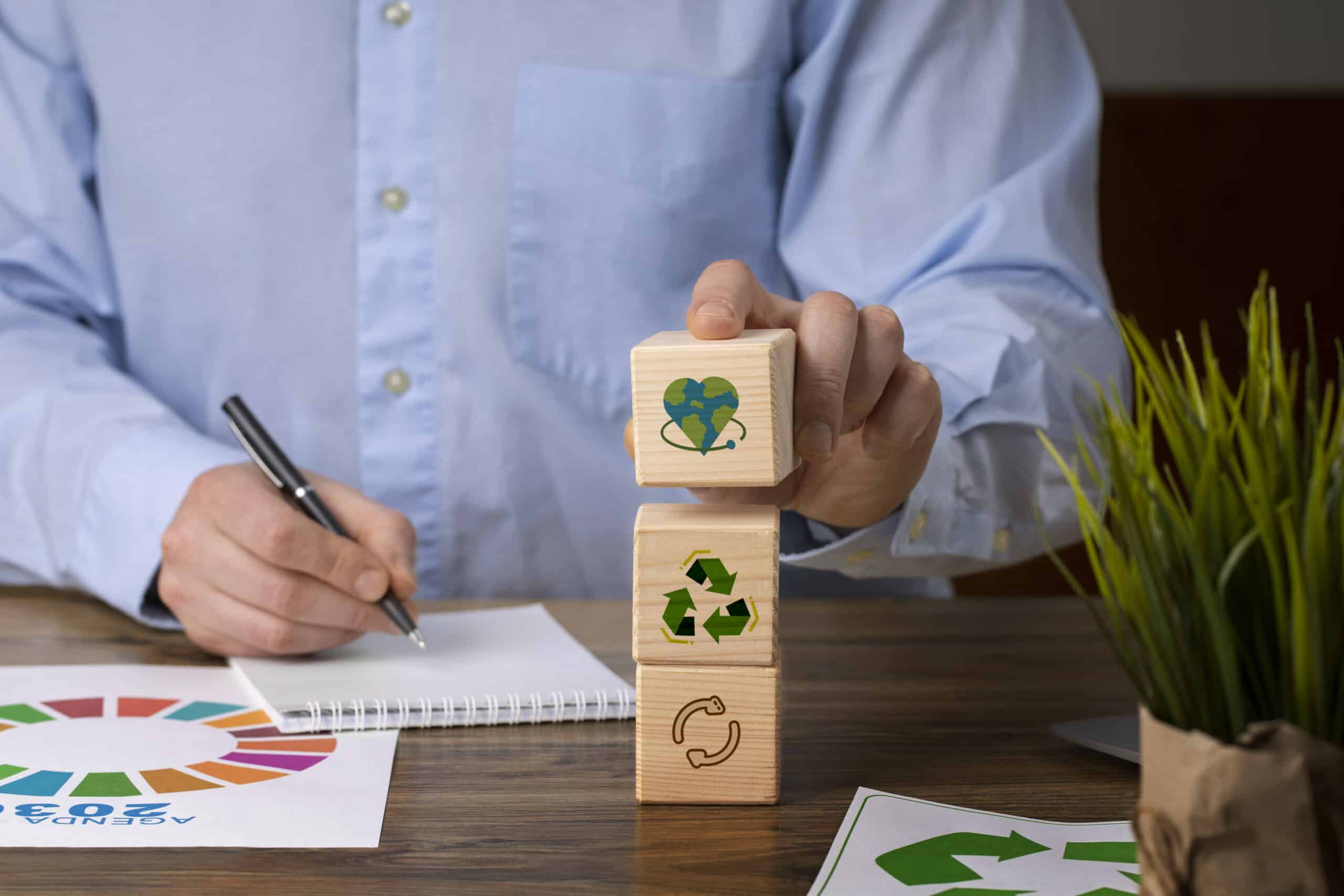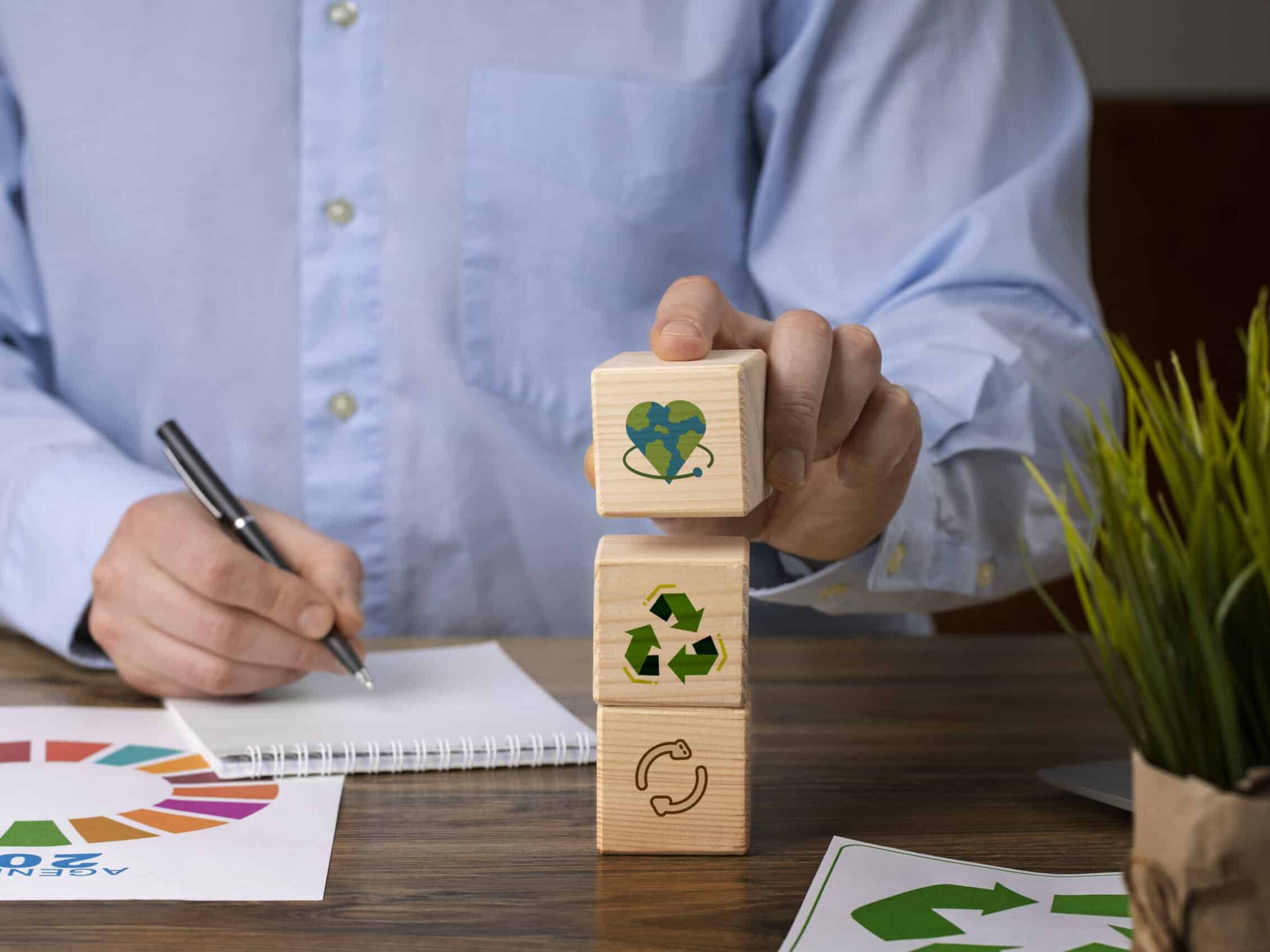In today's world, innovation is a determining factor for the development of any industry, and education is no exception. With the rapid evolution of technologies, intense social transitions, and strong changes in the labor market, it is imperative that education adapts and is aligned with the demands of the new world.
Innovation in education can be understood as the use of new technologies, methodologies, with a new look towards sustainability, and pedagogical practices that aim to improve the teaching and learning process and bring similarities with the transitions of our time. These innovations bring several advantages, such as the improvement of teaching quality, the personalization of learning, the development of skills and competencies needed for the current labor market, stimulating new areas of understanding for students.
For innovation in education to be successful, it is important that young people are aligned with it. This means that they need to be willing to learn and adapt to new technologies and teaching methodologies, which is supposed to be easy because we are already in a generation that is born connected, part of daily life, with all the impact of today's technology. In addition, young people should also be encouraged to be creative and to think outside the box, because innovation in education involves breaking paradigms and searching for innovative solutions.
Preparing new leaders and conscientious citizens for society has a fundamental role in education, and innovation is part of this process, because these are the students who will receive the society of the coming years. By adapting and aligning themselves, young people become more prepared for the current job market and for the challenges of the future. As part of these transformations, which involve contents, themes, new approaches, NTICS Projects took the initiative to create the Robotics in Schools Program, which seeks to carry out exchanges and encourage creative processes, workshops and artistic activity, mobilizing the cities and schools through which it has passed.
The program seeks to mobilize a pedagogical practice that encourages creativity, through the reuse of materials and contact with electronic circuits proposing local solutions to the community, while stimulating students' perception of a social problem that is the issue of waste, ending with an exhibition of the prototypes created. Learn more on the project website: www.ntics.com.br/teatroeoficinasroboticanasescolas

Besides all the new cognitive stimuli that are needed today, we also need to pay attention to the part of education in developing skills and competencies that are essential for life in society, such as the ability to work in teams, to solve problems, and to be creative, so to develop good leaders and young adults emotional intelligence is of vital necessity within education.
As we see, a new education is present in the lives of our young people and bringing all this innovation is crucial for the new world we live in. It brings numerous advantages and benefits to the students and prepares them for the demands of life and the current and future labor market. Thus, young people will be better prepared to face the challenges of the future and to contribute to the development of a healthy and more sustainable society.
Related Posts
26/07/2023
Putting the SDGs on the Roads of Business
The Sustainable Development Goals (SDGs) were established by the...



